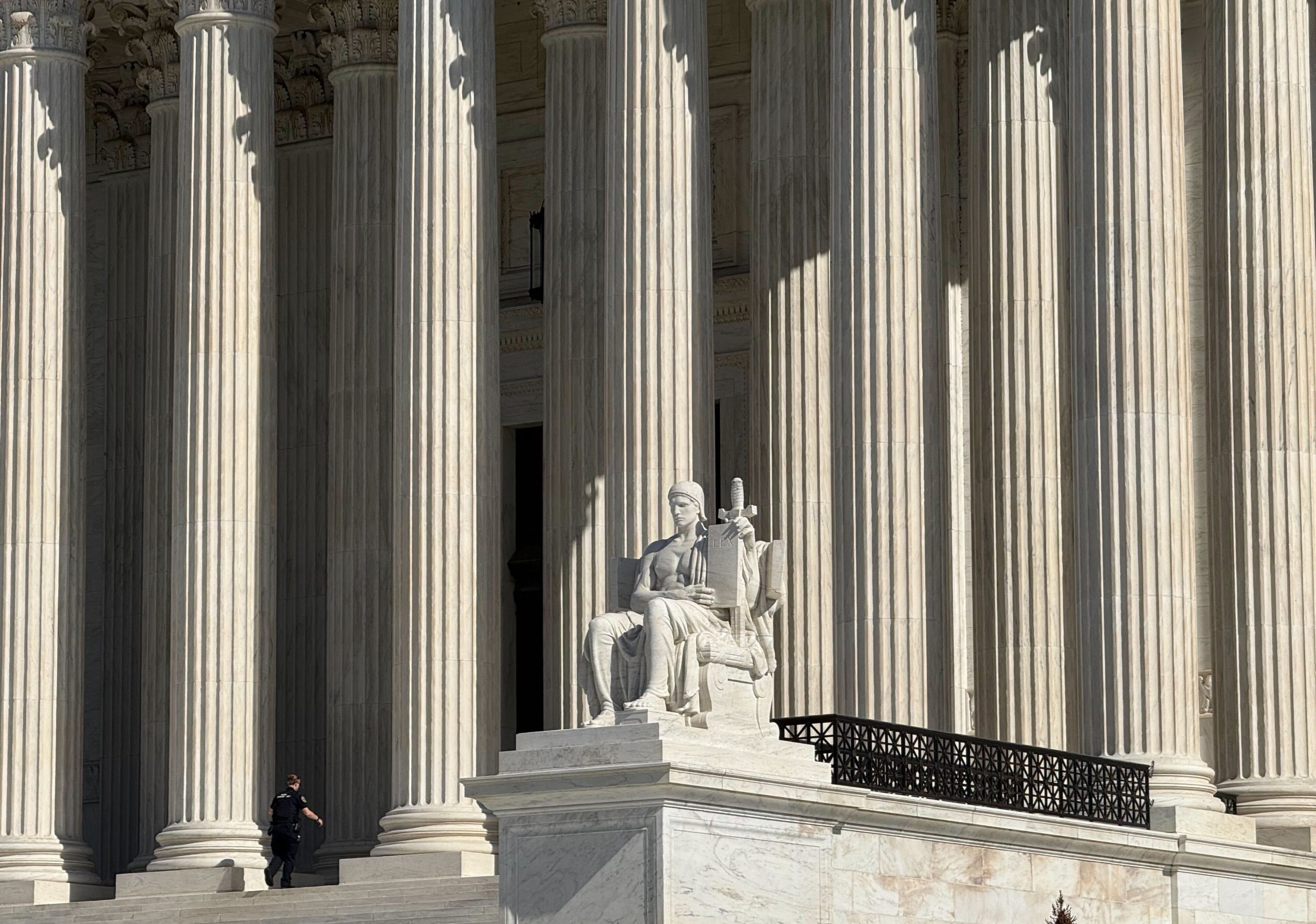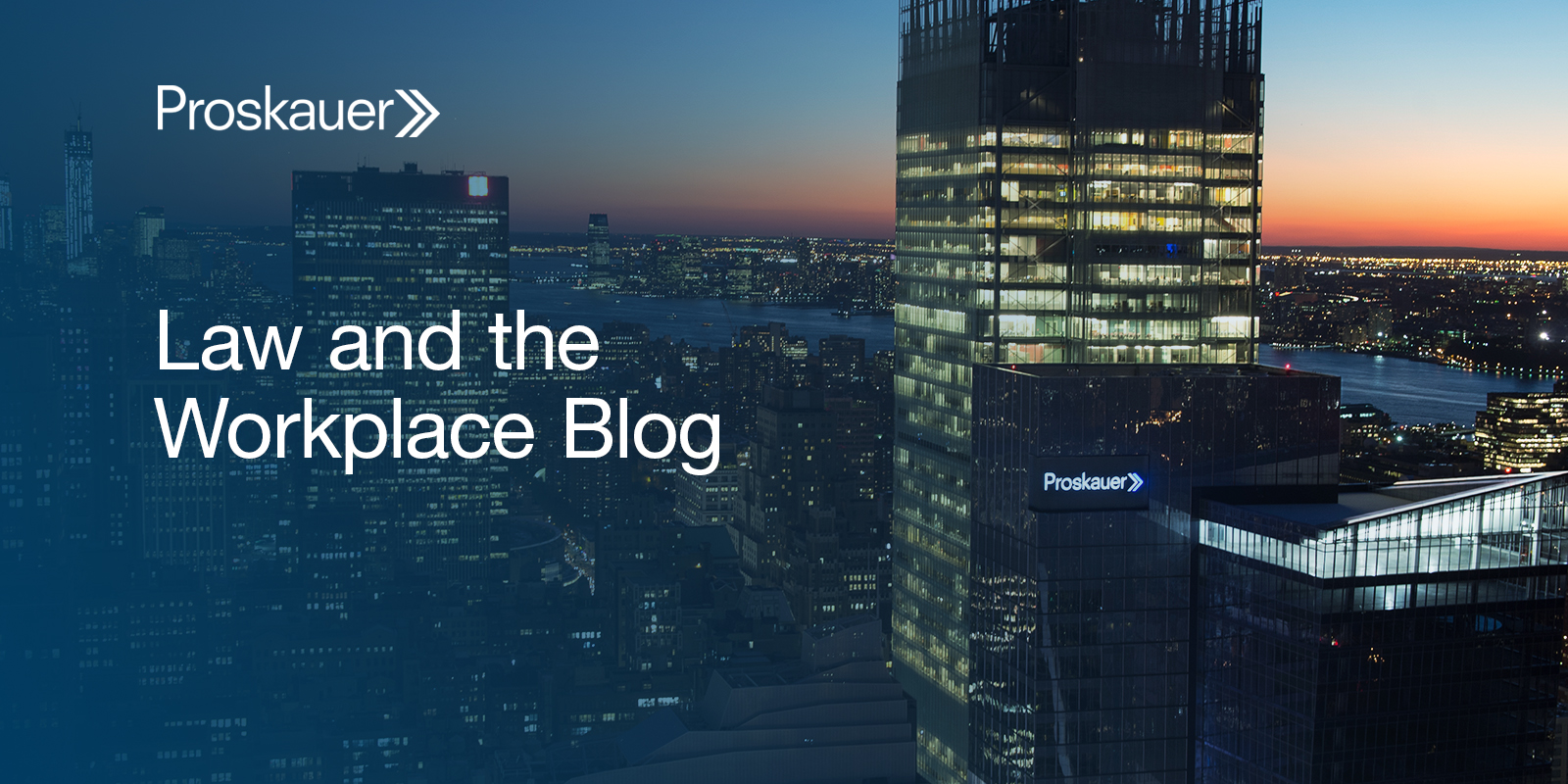What will the Trump Administration mean for the regulation of AI tools used by employers?
In less than four years after Joe Biden’s inauguration as President of the United States in 2021, breakthrough advances in artificial intelligence have become widely available. These advancements offer the potential to revolutionize the employment-related processes and decisions for hiring, promotions, and the evaluation of employees. What can employers expect from federal regulation of AI as the nation prepares to welcome a second Trump Administration and as employers are increasingly interested in adopting AI tools?
The Biden Administration regulated AI in general, and with regard to employment applications in specific, by issuing nonbinding guidance, and articulating enforcement priority with respect to laws that are already in place, such as Title VII, and the Americans with Disabilities Act. The lynchpin of this approach was an October 2023 Executive Order (Executive Order) that outlined the administration’s “comprehensive strategy for responsible innovation.” As relevant to employers and developers of AI tools for employers, that strategy included developing “principles and best practices to mitigate the harms and maximize the benefits of AI for workers,” and “directing agencies to combat algorithmic discrimination.”
Although it is difficult to predict precisely what the incoming Trump Administration will do in this space, there is an expectation it will unwind these efforts. The Republican Party platform pledged to repeal the Executive Order which they called “dangerous,” because it “hinders AI Innovation” and “imposes Radical Leftwing Ideas on the development of this tech.” They also expressed support for a “AI Development rooted In Free Speech And Human Flourishing,” indicating a more laissez faire approach to AI regulation. The likelihood of federal legislation regulating employers’ use of AI tools is unlikely, as Republicans now control both the Senate and House of Representatives. Colorado, New York City and Illinois have all passed laws in recent years that regulate the use of AI to make employment decisions. These laws require disclosures of AI use to the public as well as to individuals affected by it. They also include audit requirements for automated tools that are used to make decisions, aimed at identifying algorithmic bias. Similar laws have been introduced by other state legislatures. They may become more common if it is clear that comprehensive federal regulation will not be forthcoming and as legislators become more knowledgeable about AI issues.






